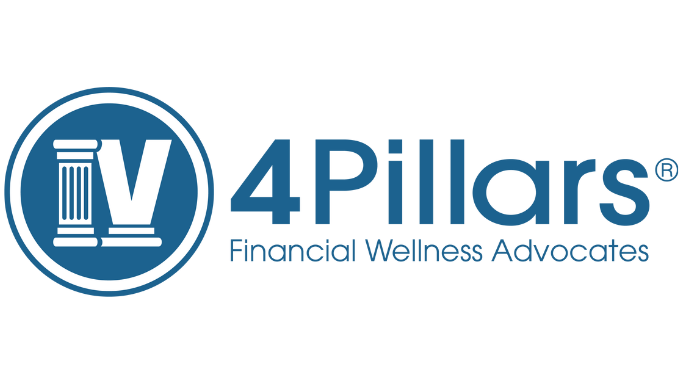Today’s world is heavily technologically dependent; in turn you are putting much of yourself and your information on the digital stream. This is a cause for concern because the more information you put on the digital stream, the more susceptible you are to identity theft or fraud. Identity fraud occurs when criminals steal your personal information and pretend to be you, usually online, but in some cases, even offline. They steal information such as passwords and account details from the internet or financial data bases or your own personal computer. Using this information, they can create havoc with your finances, authorising withdrawals from your bank account, making online payments, using your credit card account for purchases, etc.
Hence, you need to be aware of how to protect yourself from identity fraud. Here are a few tips:
- Always keep your important identification documents such as passports, birth certificates, license safe.
- Always shred any important documents that have details such as financial statements, addresses, passwords, credit card statements. Criminals could go through your trash to find any such documents to use.
- Keep your wallet or purse safely when outside so that it does not get stolen.
- Whenever making a purchase using your credit or debit card, keep your eyes on it at all times. Make sure it is swiped through the correct device. With today’s technology, it is not hard for a shop clerk to clone your credit or debit card.
- Don’t carry too many credit cards. Carry only what you require.
- Avoid carrying important documents or credit cards in your wallet as pickpockets will always try to steal them.
- Lock your mailbox. Criminals try to access them to get their hands on documents detailing your finance, passwords, Personal Identification Number (PIN).
- Never give out information through the phone or email, even if they claim to be from your financial institute. If it is a phone call, take down callers name and verify if the caller is from the financial institute.
- Constantly review your financial statements from your bank and the two credit bureaus, TransUnion Canada and Equifax Canada. Be on the lookout for any unauthorised transactions.
When Online
- Always make sure your firewall is on and at its highest setting. Your computer firewall will protect your PC from any hackers who try sneak and steal information over the internet.
- Always have an updated anti-virus. An anti-virus will protect your computer from any trojans and virus that try to steal your information.
- When you are accessing your online account or conducting an online transaction always make sure that the website address you are on, has an ‘https’ and not ‘http’. The ‘s’ is an assurance that the website has sufficient security measures.
- If your financial institute has an official mobile application, you should use it.
In the event that you are a victim of identity fraud, or even if you suspect the same, inform your financial institutions – your bank, credit card issuers, etc. Contact the cyber wing of the police and file a report. Contact the two credit bureaus and inform them that a ‘Fraud Alert’ needs to be added to your file. Lastly, contact the Canadian Anti-Fraud Centre, report the fraud and get advice on further action to take.


